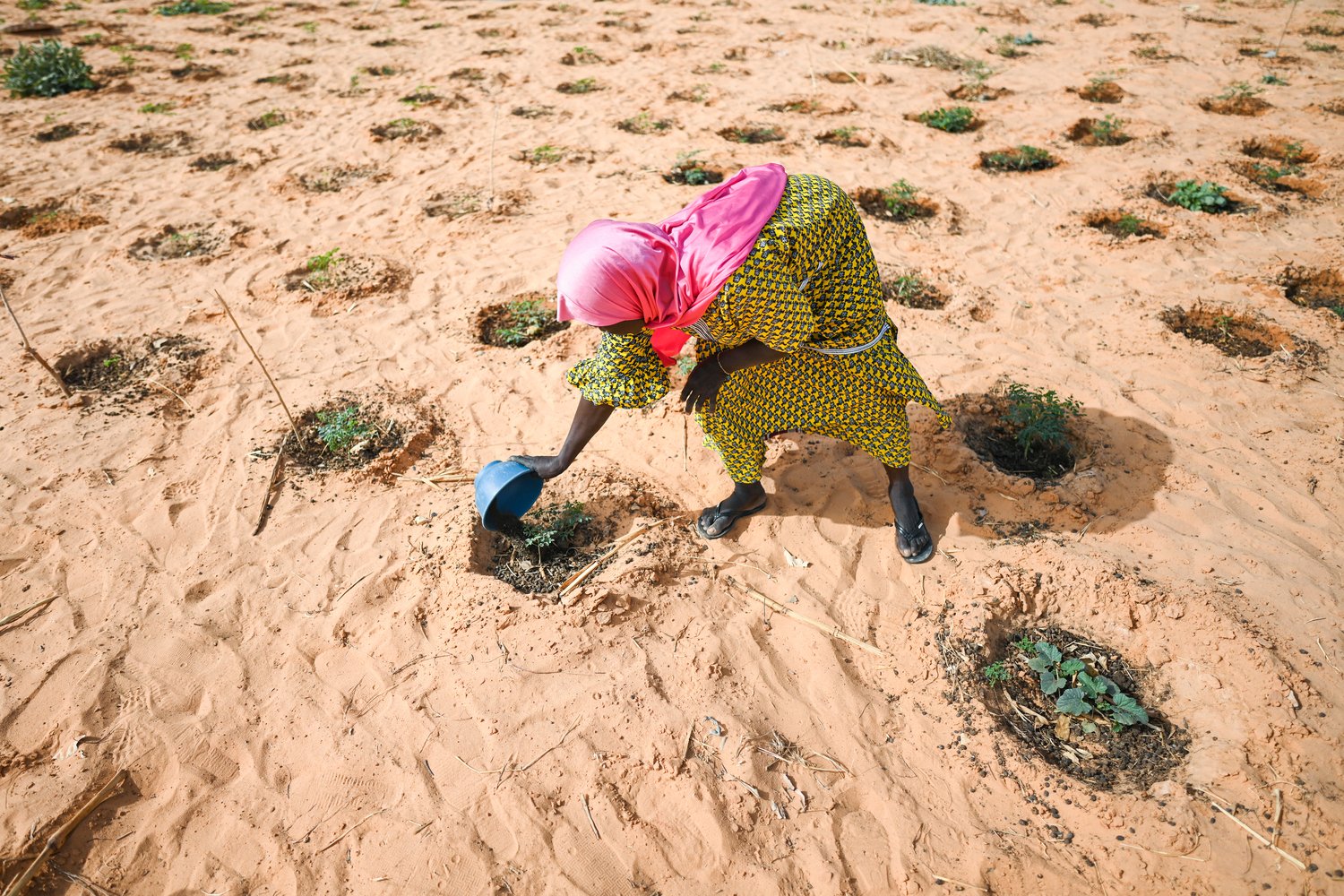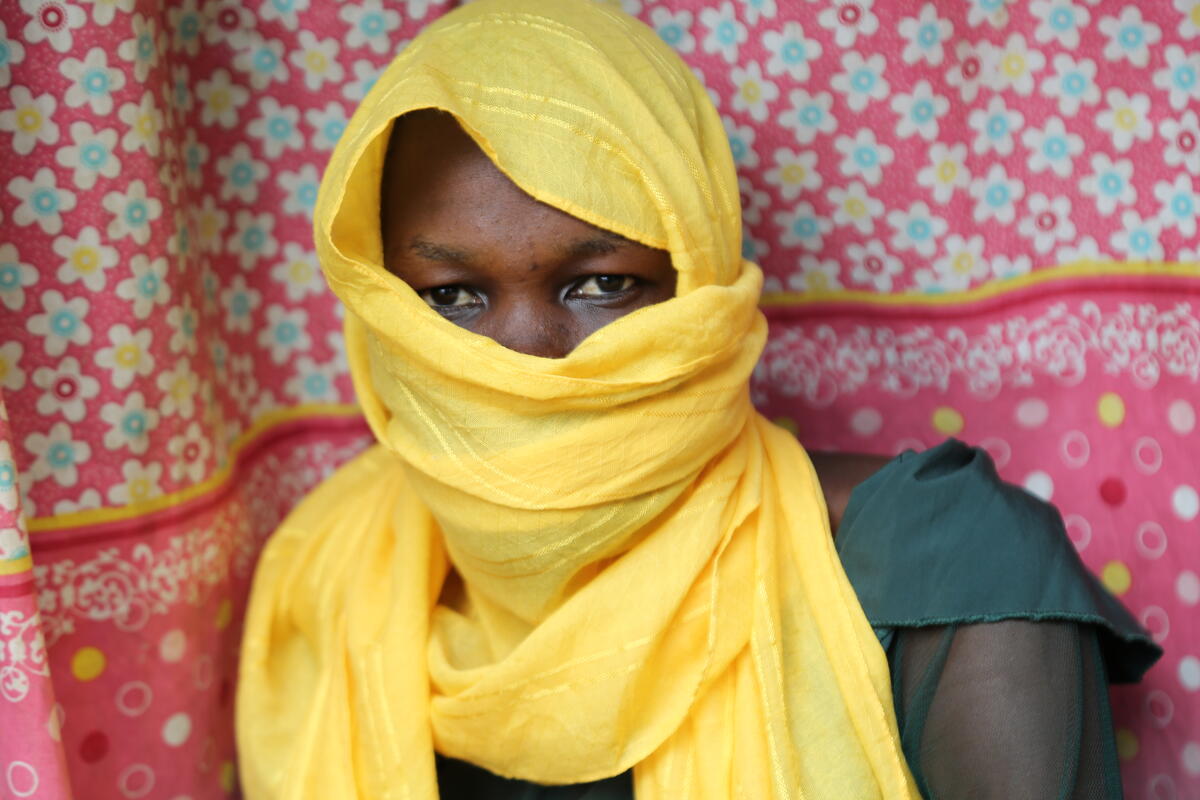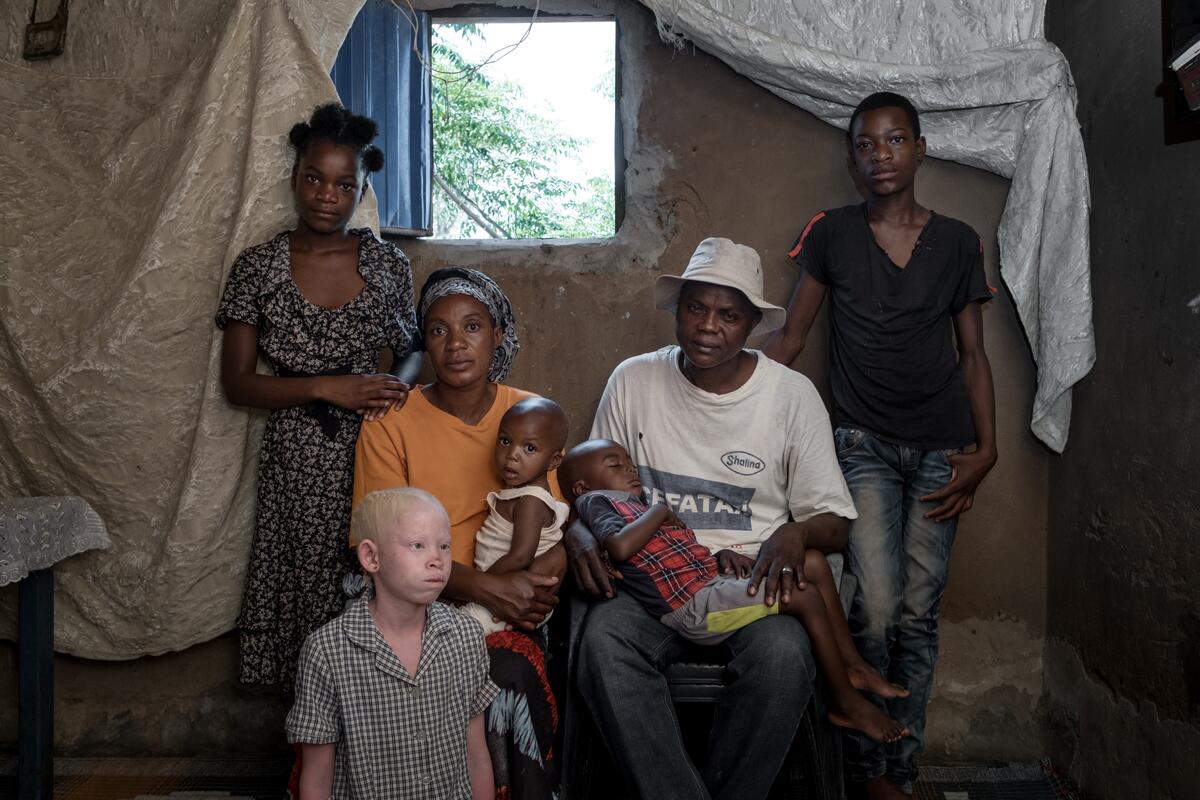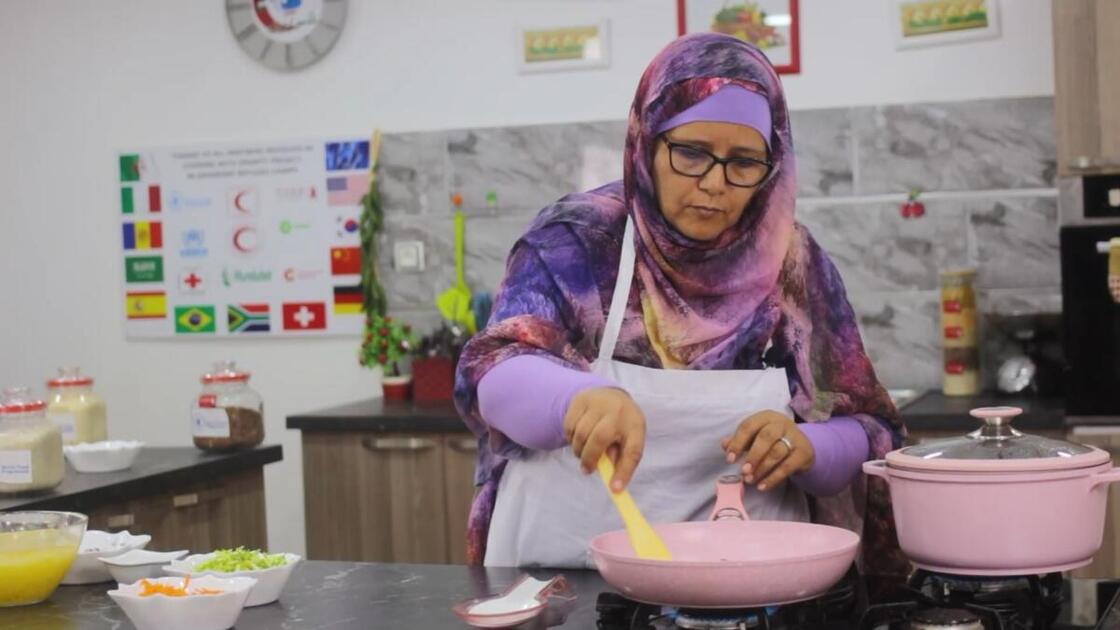New Darfur arrivals reported in Chad as water, food run low
New Darfur arrivals reported in Chad as water, food run low

ABECHE, Chad, April 27 (UNHCR) - The UN refugee agency is investigating reports of a new influx of Sudanese into north-eastern Chad, an area already hosting earlier waves of refugees facing food and water shortages.
According to local authorities in the Chadian border town of Bahai, an estimated 200 to 300 people have been crossing the border from western Sudan's Darfur region into Chad every week since early April.
A UNHCR team is currently in Bahai to look into these reports. Some new arrivals told the agency's staff that they left their homes after the militia looted and burned their homes on April 2.
The visiting team will meet with local authorities and evaluate the refugee situation in the area. Despite the proximity with the border and the volatile security situation, UNHCR is considering a more regular presence in Bahai to better assist the refugees, 7,000 of whom last received food, blankets, mats and kitchen sets in late March.
Further north in the Kariari region of north-eastern Chad, UNHCR and its partner CARE will start distributing assistance to refugees on Wednesday.
Local authorities estimate that there are 16,000 refugees in the area, most of whom fled to Chad at the end of January/beginning of February following aerial bombing of their villages and heavy attacks by militia. The refugees will receive sorghum, corn-soya blend and cooking oil provided by the World Food Programme as well as other items such as jerry cans, mats, and kitchen sets.
Assistance to these refugees had been delayed due to the remoteness of the area as well as logistical constraints. So far, they have been surviving on food brought from Darfur and donated by the local Chadian population. But as supplies run low, they have turned to eating mukhet, seeds normally used to feed cattle. Women and children collect the seeds from trees in the surroundings and cook them for every meal of the day.
According to a recent survey published by the International Rescue Committee (IRC), which has sent a mobile clinic to the Kariari region, 37 percent of the children between six months and five years old are suffering from moderate malnutrition, while 40 percent are at risk of malnutrition. Diarrhoea, respiratory infections and conjunctivitis are common health problems, said the IRC, noting that nearly half of the mothers and children they met on April 21 at the mobile clinic were there not for consultations, but to ask for food.
UNHCR's representative in Chad is scheduled to join the aid distribution in Kariari on Thursday. He will evaluate the refugee situation in the area and decide on longer-term measures to assist the people at Kariari.
Meanwhile, UNHCR and its partner agencies continue to move refugees from the insecure border to existing camps further inland. In all, 41,466 refugees are now in the five camps established since mid-January: Farchana hosts 7,812 refugees, Kounoungo has 7,352, Goz-Amer has 8,450, Touloum has 8,123 and Iridimi has 9,729.
In the last week, some refugees from Bahai have started to travel by truck to Tine, then to UNHCR's camps in Touloum and Iridimi in the hope of receiving regular food and other assistance. To pay for the trip, they are selling their donkeys and other livestock. Some local drivers in Tine have also offered to take them for free to Touloum and Iridimi.
"The main problem we now face is that these two camps have reached their maximum capacity in terms of water resources," said UNHCR spokesman Ron Redmond at a news briefing in Geneva Tuesday. "We are trucking water from two private wells in Iriba, but resources are dwindling and we are searching for additional private wells. Some 100 cubic metres of water are trucked every day to Touloum to meet the needs of the refugees."
He added, "The refugee situation in the Kariari and Bahai areas, as well as in Tine, underlines the urgency to open new camps as soon as possible to continue moving the refugees away from the border. We continue to face major difficulties, however, identifying sites with enough water resources."









